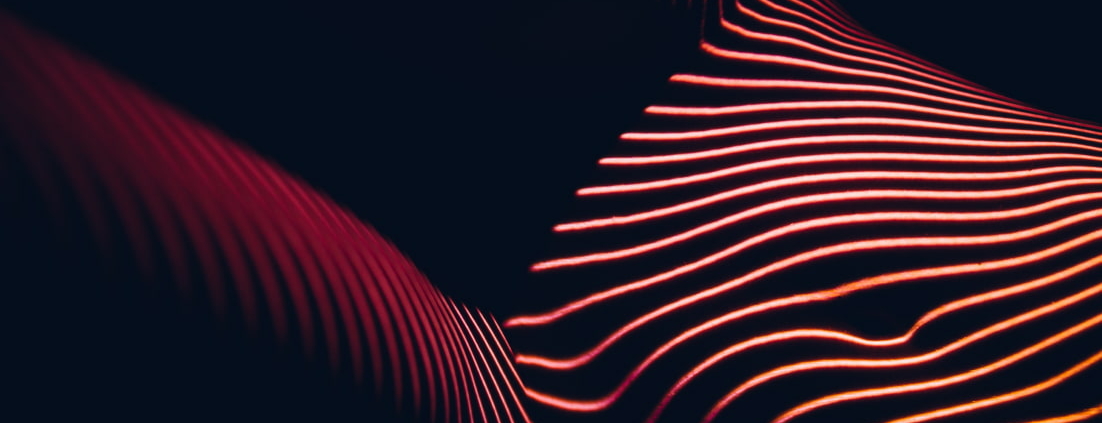KAIP ATPAŽINTI STRESĄ
When returning from vacation, the question often arises: what mood will prevail? ENTHUSIASM AND POSITIVE ENERGY or POST-VACATION SYNDROME We don’t want to go back to the idea that 24 hours a day are never enough! A thousand tasks that need to be done on time. In modern life, the word „stress” sounds like something familiar in the lives of all of us, who combine many obligations and responsibilities.
What is stress?
Stress is nothing more than a physiological, natural and necessary reaction of the body to all the demands and situations that need to be adapted to. Situations such as moving, stressful and intense work, family or work obligations, illness, loss, separation, etc. cause stress, but we are often unable to recognize what kind of stress it is.
How many types of stress are there?
There are several types of stress: emotional, chronic, and oxidative. Each type of stress has its own unique signs and symptoms.
Emotional stress
Emotional stress, also called psychosocial stress, is a condition characterized by the inability to cope with everyday situations perceived as a social threat. The reaction to stress is always the same, but the term “emotional” is used to refer to the dependence of the stress factor on the emotional sphere or to refer to the emotional symptoms of stress. Most often, such stress is associated not only with the family, but also with the work environment. This leads to a feeling of insecurity and a significant decrease in self-esteem. This affects social relationships.
Our body is a mirror of our emotions. Therefore, emotional stress is usually accompanied by physical symptoms such as headaches, tension and muscle pain, especially in the neck area, agitation and restlessness, apathy and lack of energy.
Chronic stress
Typically, the emotional stress phase is followed by a phase of energy recovery, during which all normal body functions are restored. When this does not happen and the state of anxiety, insomnia, and threat becomes too prolonged, the chronic stress phase begins.
During chronic stress, the body is put to the test, resources are depleted, and various symptoms appear, such as headaches, muscle tension, hypertension, concentration and memory problems, sleep disorders, decreased libido, fatigue, irritability, and gastrointestinal disorders.
Oxidative stress
Oxidative stress is a set of changes that occur in the body’s tissues, cells and macromolecules when they are exposed to an excess of oxidants, i.e. well-known free radicals. Certain conditions or factors, such as chronic stress, poor nutrition, and an unhealthy lifestyle, reduce the protection of our body’s antioxidant systems. The harmful effects of free radicals increase. Then the oxidative stress phase begins.
Symptoms such as fatigue, poor concentration, headaches, cramps and muscle pain, intestinal disorders, changes in the cardiovascular system, and digestive problems often indicate that the body is experiencing oxidative stress.
HOW TO HELP YOURSELF FEEL BETTER
There are many ways to improve your well-being when you are stressed. In addition to a healthy diet, exercise, adequate sleep, time for yourself, honest conversations, and other activities, we can also find something useful in nature’s medicine cabinet.
„Adam&Eva” – products for emotional and intimate comfort www.adameva.lv
„Adam&Eva HAPPINESS” is a biologically active food supplement based on Griffonia extract, which improves mental well-being, relaxes and restores normal mood. „Adam&Eva HAPPINESS” contains hemp seed oil, vitamin B6, which promotes normal nervous system function and good mental well-being, vitamin A, which promotes normal immune system function, vitamin E, which helps protect cells from oxidative stress, linalool terpenes and beta caryophyllene.
! When taking additional biologically active food supplements, make sure that they are compatible with daily medications or other supplements. DO NOT USE FOOD SUPPLEMENTS AS A SUBSTITUTE FOR A COMPLETE AND BALANCED NUTRITION.

